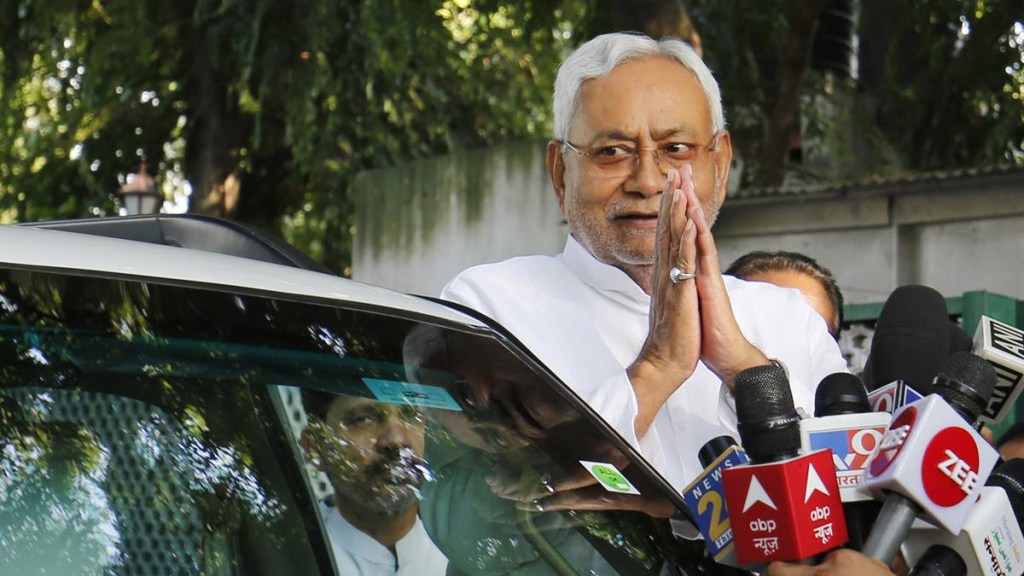The Nitish Kumar-led Bihar government on Tuesday notified the Bihar Reservation of Vacancies in Posts and Services (for Scheduled Castes, Scheduled Tribes, Extremely Backward Classes and Other Backward Classes) Amendment Bill and the Bihar (In Admission In Educational, Institutions) Reservation Amendment Bill, 2023, in the state gazette.
Both Bills were passed in the Bihar Assembly on November 9 and received assent from Governor Rajendra Vishwanath Arlekar on November 18.
Also Read: Bihar Assembly unanimously clears Bill to raise reservations for SC, ST and OBCs from 50% to 65%
With the Bills now law, the quota for the deprived castes rose from 50 per cent to 65 per cent in government jobs and educational institutions. The new laws came into effect from November 21. The overall quota in the state, including the 10 per cent quota for Economically Weaker Sections, now stands at 75 per cent, the highest among large states.
Following the amendments, based on the findings of the caste-based survey report in Bihar, the quota for Scheduled Caste (SC) goes up from 16 per cent to 20 per cent, while that of Scheduled Tribe (ST) from 1 per cent to 2 per cent, Extremely Backward Classes (EBC) from 18 per cent to 25 per cent and Other Backward Classes (OBC) from 15 per cent to 18 per cent.
Also Read: With Bihar quota hike, Nitish Kumar steals the march on friends and foes alike
“On analysis of data collected during ‘Caste based Survey 2022-23, it is apparent that large section of backward classes, schedule caste and schedule tribe need to be promoted for them to catch up to satisfy cherished aim in the Constitution of equality in opportunity and status,” the gazette notification stated.
Following the gazette notification, Chief Minister Nitish Kumar directed officials to ensure that the benefits of the revised quota system begin to reach those who need it. Bihar is now only second to Tamil Nadu in terms of the reservations it provides to backward classes — while Tamil Nadu offers 50 per cent, Bihar will now offer 43 per cent, followed by Sikkim and Kerala at 40 per cent each.

